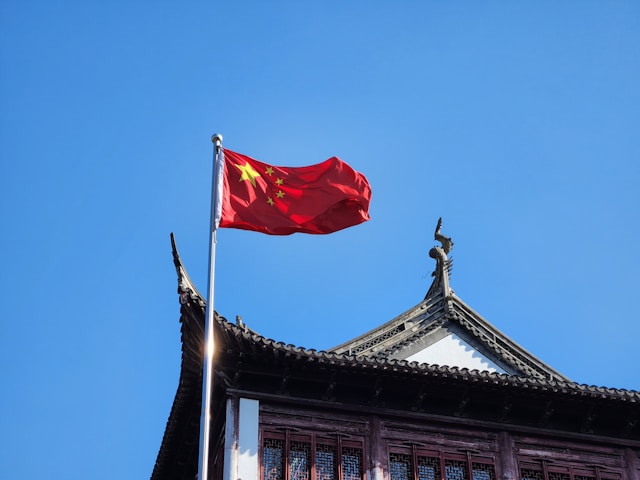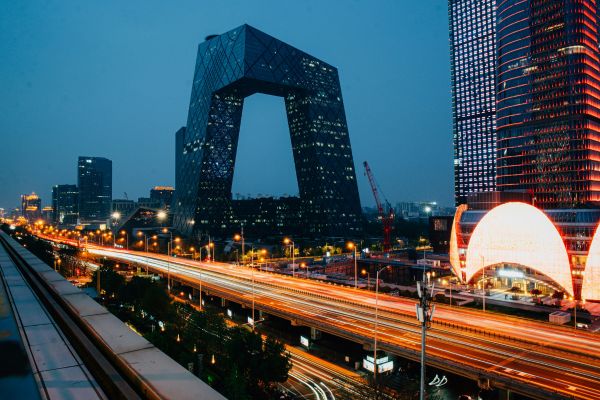
China’s Supreme People’s Court (SPC) issued a judicial document on 16 Apr. 2020, addressing the issues related to COVID-19, such as force majeure, labor disputes, and limitation of action.
The SPC has enacted three judicial documents responding to the COVID-19 epidemic in April, May, and June respectively. We will introduce the first document in this post.
See the other two posts of the Series, for detailed discussion of the SPC’s Opinion II and Opinion III in response to the COVID-19 pandemic:
- Coronavirus, Contract Disputes and Bankruptcy Cases: Chinese Courts Respond to COVID-19 Series-02
- Coronavirus, Letters of Credit and Shipping Industry: Chinese Courts Respond to COVID-19 Series-03
The first judicial document is the Guiding Opinions on Several Issues Concerning the Proper Trial of Civil Cases Involving the COVID-19 (I) (关于依法妥善审理涉新冠肺炎疫情民事案件若干问题的指导意见(一)) (hereafter referred to as “Opinion I”).
According to Opinion I, the basic attitude of the SPC in dealing with COVID-19-related disputes is to actively guide the concerned parties to negotiate and reconcile with each other, to share risks and tide over the difficulties, and the courts will make efforts to balance the interests of the parties concerned while accurately applying laws based on the facts of cases.
Technically speaking, the SPC’s Opinions are consistent with Chinese laws and barely add anything new on specific issues. So, why does the SPC issue these judicial documents?
In fact, the SPC is actually further clarifying to the local courts, in order to avoid their inconsistent understanding of the laws. This is also the main function of publishing such judicial documents.
The key points of Opinion I are as follows:
I. Force Majeure
The SPC is cautious about the application of force majeure and requires local courts to apply it in a prudent way pursuant to the laws.
1. Burden of Proof for Force Majeure
Where a party claims to be partially or wholly exempted from its liability due to force majeure, it shall bear the burden of proof for the facts that force majeure directly leading to the failure to partially or wholly perform civil obligations.
2. Exemption of the Liability for the Breach of Contract
If the COVID-19 epidemic directly causes the failure to perform the contract, the courts shall partially or wholly exempt the liability of relevant parties according to the influence of the epidemic.
In this case, the party shall promptly notify the other party that the contract cannot be performed. If it is due to the party’s reasons that the performance of the contract is influenced by the epidemic or the other party’s losses increase, the party shall bear the liability.
3. Continuous Performance of the Contract
If the COVID-19 epidemic merely causes difficulties in performing contracts, the courts will actively guide the parties to continue to perform the contract, and will not support the request to terminate the contract.
If continuous performance of the contract is obviously unfair to one party, the party may request to change the contract performance period, method of performance, price amount, etc.
If the objectives of a contract cannot be achieved due to the epidemic situation, the parties may request for rescission of the contract.
If a party gets a subsidy from a government department, exemption or reduction of taxes and charges, or receives funds from others, or reduction or exemption from debts due to the COVID-19 epidemic, the court may consider that the difficulties of contract performance have been alleviated accordingly.
II. Labor Disputes
Where an employer claims to rescind the employment relationship with an employee merely on the ground that the employee is a confirmed patient of the COVID-19 epidemic, a suspected case of the COVID-19, an asymptomatic carrier, an isolated person, or the employee comes from a place where the epidemic is relatively serious, the court will not uphold such claims.
III. Limitation of Action
If one party cannot exercise the right of claim due to the COVID-19 epidemic, it may claim the suspension of limitation of action period under certain circumstances, in order to prevent the expiration of limitation of action.
If one party cannot participate in litigation in the period provided for by the law or designated by the people’s court due to the epidemic, it can apply for postponing the time limitation.
IV. Punitive Damages
In a situation where the consumers claim punitive damages as provided for by the law in the sale of masks, goggles, protective suits, disinfectants, and other anti-epidemic items as well as food and medicine operated by the business operators, the court shall support consumers’ claim for punitive compensation.
V. Unified Application of Laws
The SPC emphasizes in the last article of Opinion I that courts at all levels shall unify the standard of law application of cases involving the COVID-19 epidemic.
Photo by zhang kaiyv (https://unsplash.com/@zhangkaiyv) on Unsplash
Contributors: Guodong Du 杜国栋 , Meng Yu 余萌








